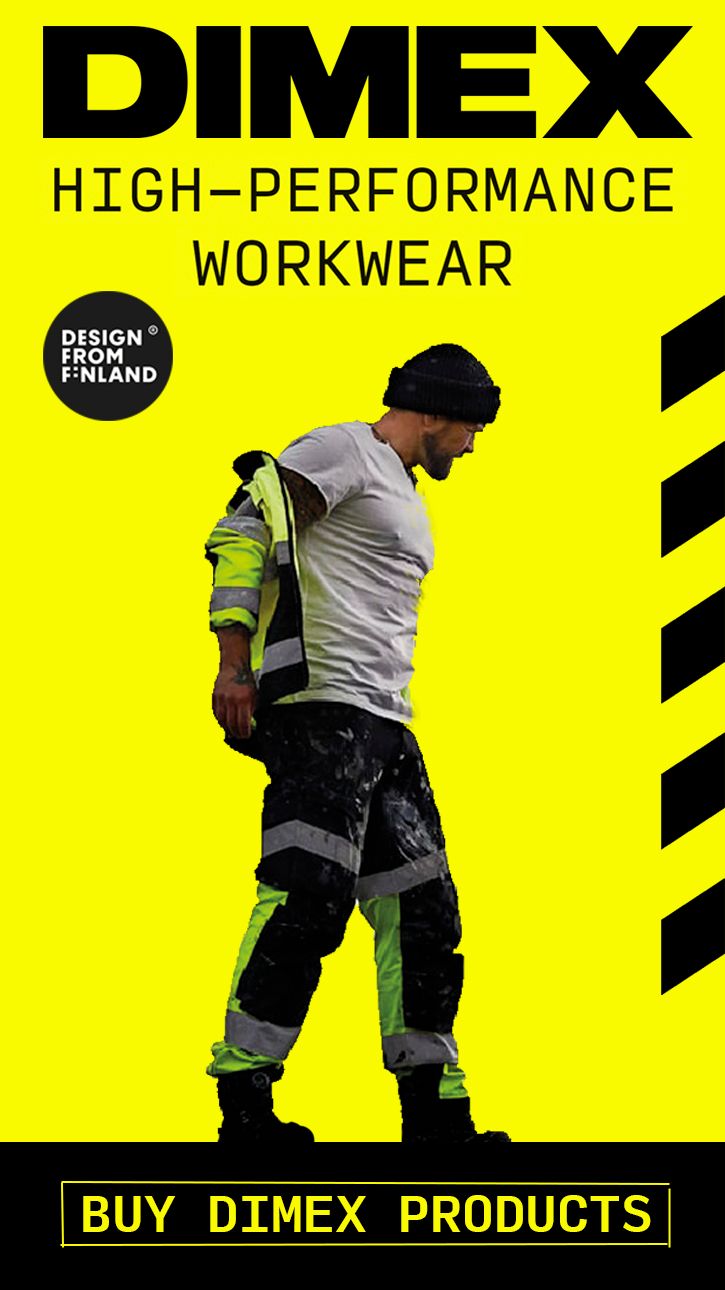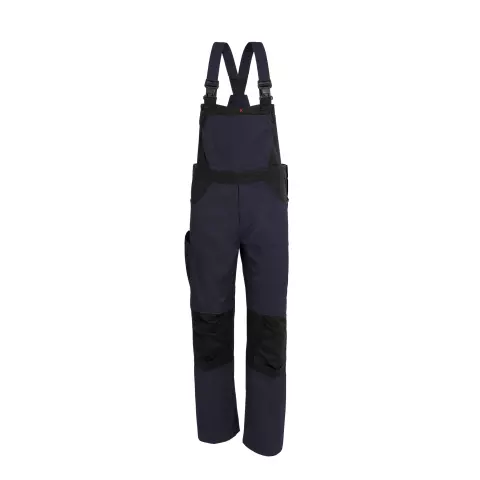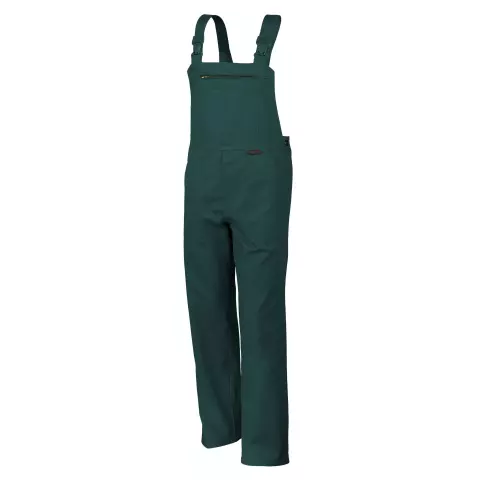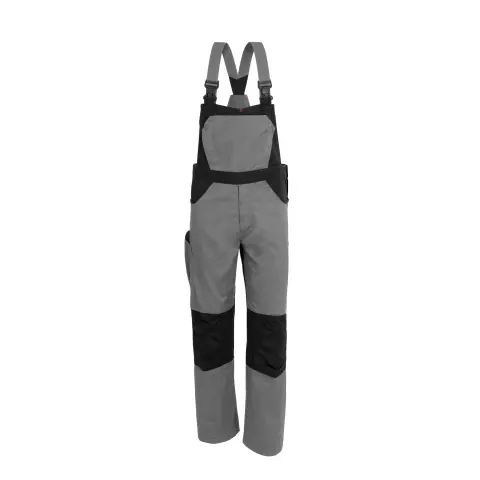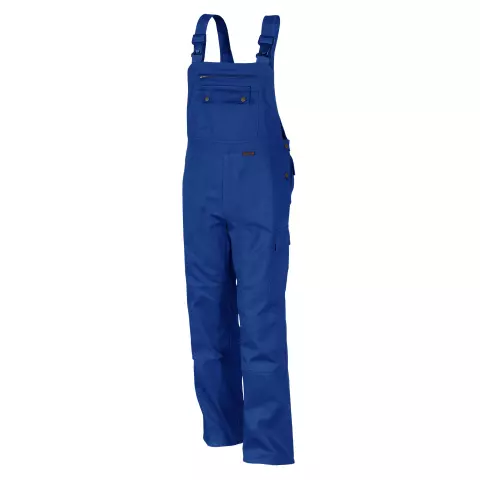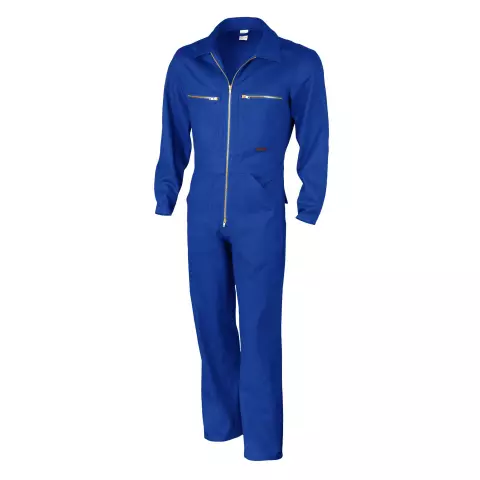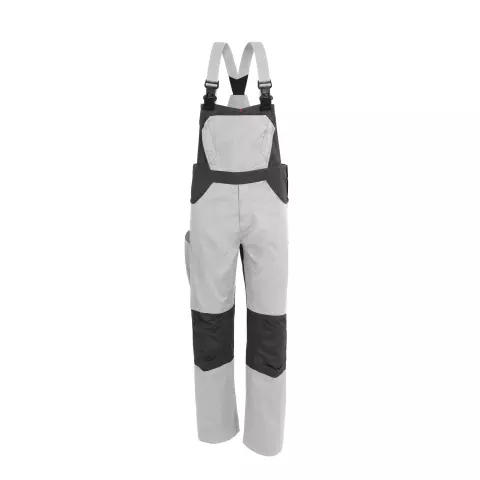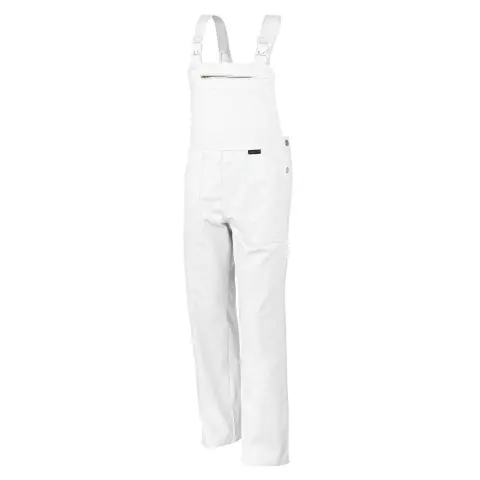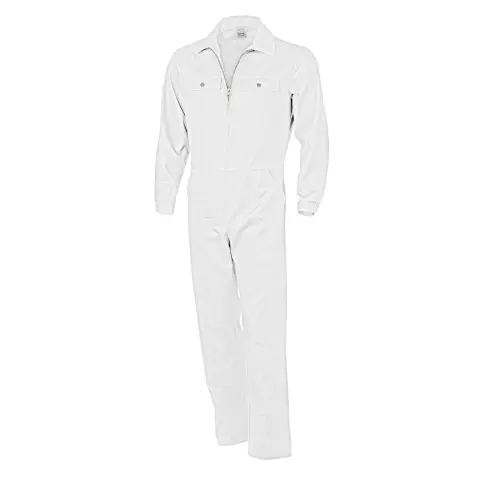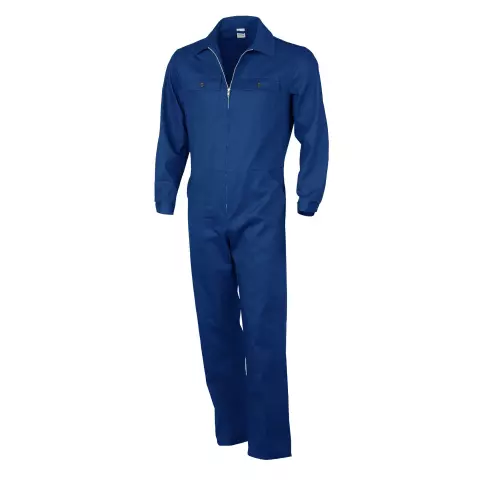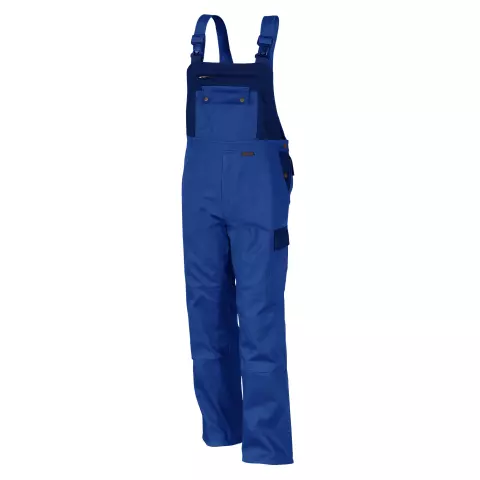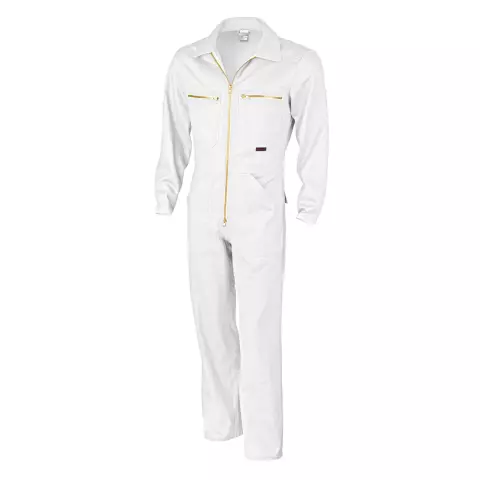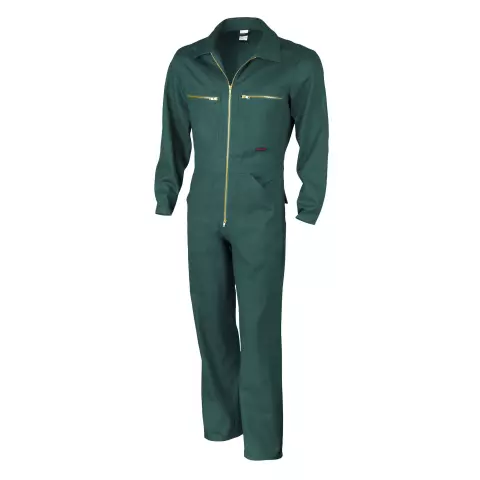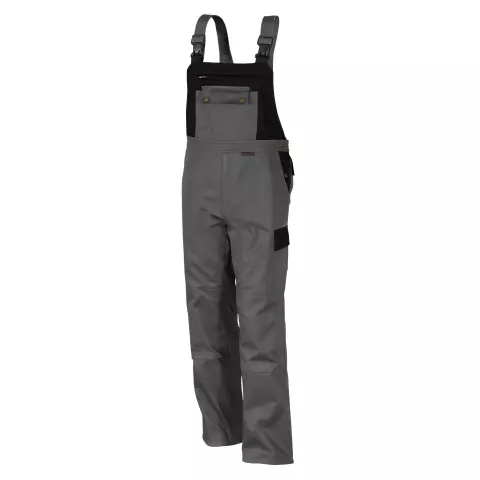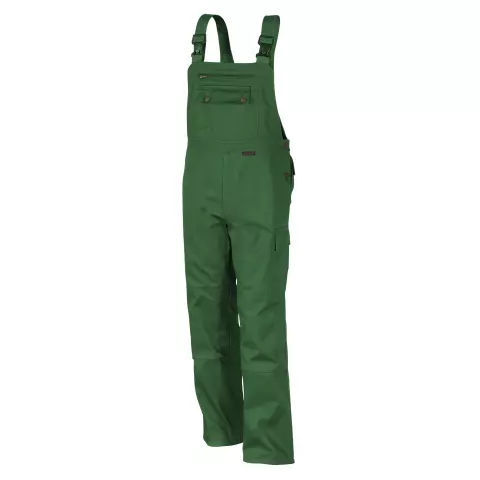Work Overalls
Work overalls, also known as coveralls or boiler suits, are protective garments designed to shield workers from dirt, debris, and potential hazards in the workplace. These durable, one-piece outfits are commonly used in industries such as construction, manufacturing, automotive, and agriculture. They provide full-body coverage, ensuring safety and comfort during demanding tasks.
Work overalls, also known as coveralls or boiler suits, are protective garments designed to shield workers from dirt, debris, and potential hazards in the workplace. These durable, one-piece outfits are commonly used in industries such as construction, manufacturing, automotive, and agriculture. They provide full-body coverage, ensuring safety and comfort during demanding tasks.
Work overalls, also known as coveralls or boiler suits, are protective garments designed to shield workers from dirt, debris, and potential hazards in the workplace. These durable, one-piece outfits are commonly used in industries such as construction, manufacturing, automotive, and agriculture. They provide full-body coverage, ensuring safety and comfort during demanding tasks.
List products you’re looking for and we’ll find the best products and prices for you – all for free.
Need help?
Get help from our experts
Be the first to hear about offers, industry trends and get tips on industrial supplies.
FAQ – Frequently Asked Questions
You can pay with any of the following popular payment methods:
Need help?
Get in touch with our customer support if you need help
Chat with us
Get help from our experts
